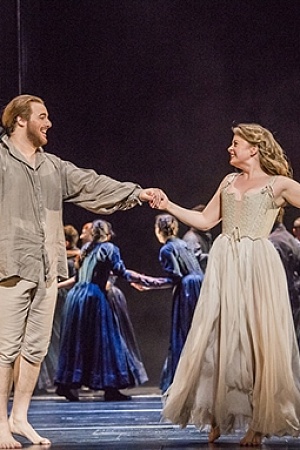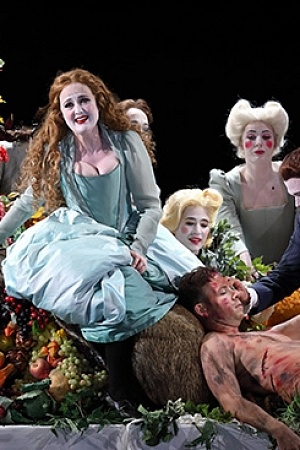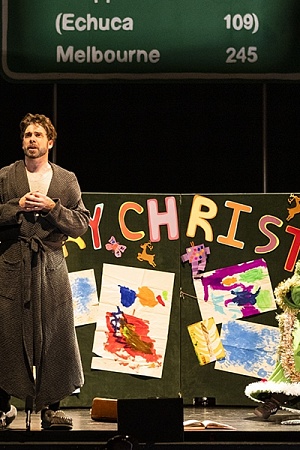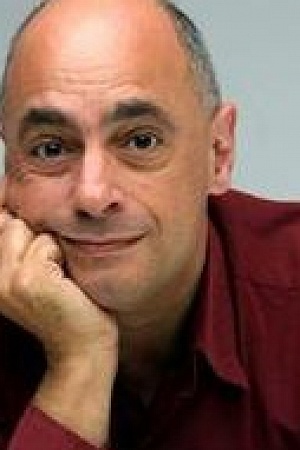Opera
The Barber of Seville (Melbourne Opera)
by Rob Holdsworth •
Writing to a friend in 1898, Giuseppe Verdi said of Rossini’s The Barber of Seville:
You may say things about Rossini and they may be true regarding the borrowings, the speed of composition and so forth, but I confess that I cannot help believing ‘The Barber of Seville’ for abundance of ideas, for verve and for truth of declamation the most beautiful opera buffa in existence.
And yet, this famous comic opera, first staged in 1816, ranks with La Traviata (1853) and the Rite of Spring (1913) as having had of the greatest opening night fiascos in musical history. Fortunately, at Melbourne Opera’s opening night of The Barber, there was not a cat to be seen, guitar strings remained whole, and there were no supporters of a rival composer (Paisiello) interjecting with catcalls.
Continue reading for only $10 per month. Subscribe and gain full access to Australian Book Review. Already a subscriber? Sign in. If you need assistance, feel free to contact us.











Leave a comment
If you are an ABR subscriber, you will need to sign in to post a comment.
If you have forgotten your sign in details, or if you receive an error message when trying to submit your comment, please email your comment (and the name of the article to which it relates) to ABR Comments. We will review your comment and, subject to approval, we will post it under your name.
Please note that all comments must be approved by ABR and comply with our Terms & Conditions.